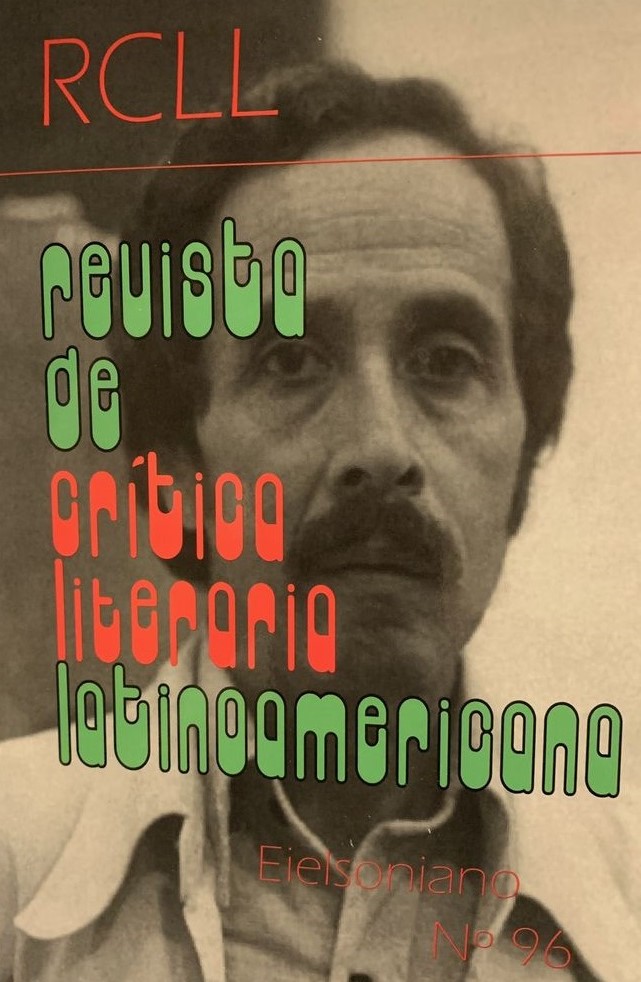Desarraigo e invisibilidad en la ficción peruana contemporánea. Representación del sujeto transparente en María José Caro, Iván Thays y Claudia Ulloa Donoso
Keywords:
Contemporary Peruvian Narrative, Claudia Ulloa Donoso, Iván Thays, María José Caro, supranational literatureAbstract
The aim of this essay is to analyze how a set of stylistic and thematic features that belong to postmodern culture are present in three fictional texts of the new Peruvian narrative: the anthology of short stories Pajarito (2015) by Claudia Ulloa Donoso and the novels Un lugar llamado Oreja de perro (2008) by Iván Thays and Perro de ojos negros (2016) by María José Caro. In particular, I will try to check to what degree the three texts incorporate certain sociocultural features that can be summarized as: a) a deterritorialized writing, as a consequence of a process that had already begun to consolidate at the end of the 20th century and which has modified the idea of borders, creating the figure of the supranational writer; b) the authorial position located in a geographical distance, which is related to the importance of verbalizing life experiences marked by distance and which turns the act of writing into a cathartic function that aims at self-knowledge; and, c) the weakening of individuality that leads to a kind of spectralization of subjectivity, as an effect both of psychic alterations and of dynamics of collective scope of the social and cultural ecosystem.





